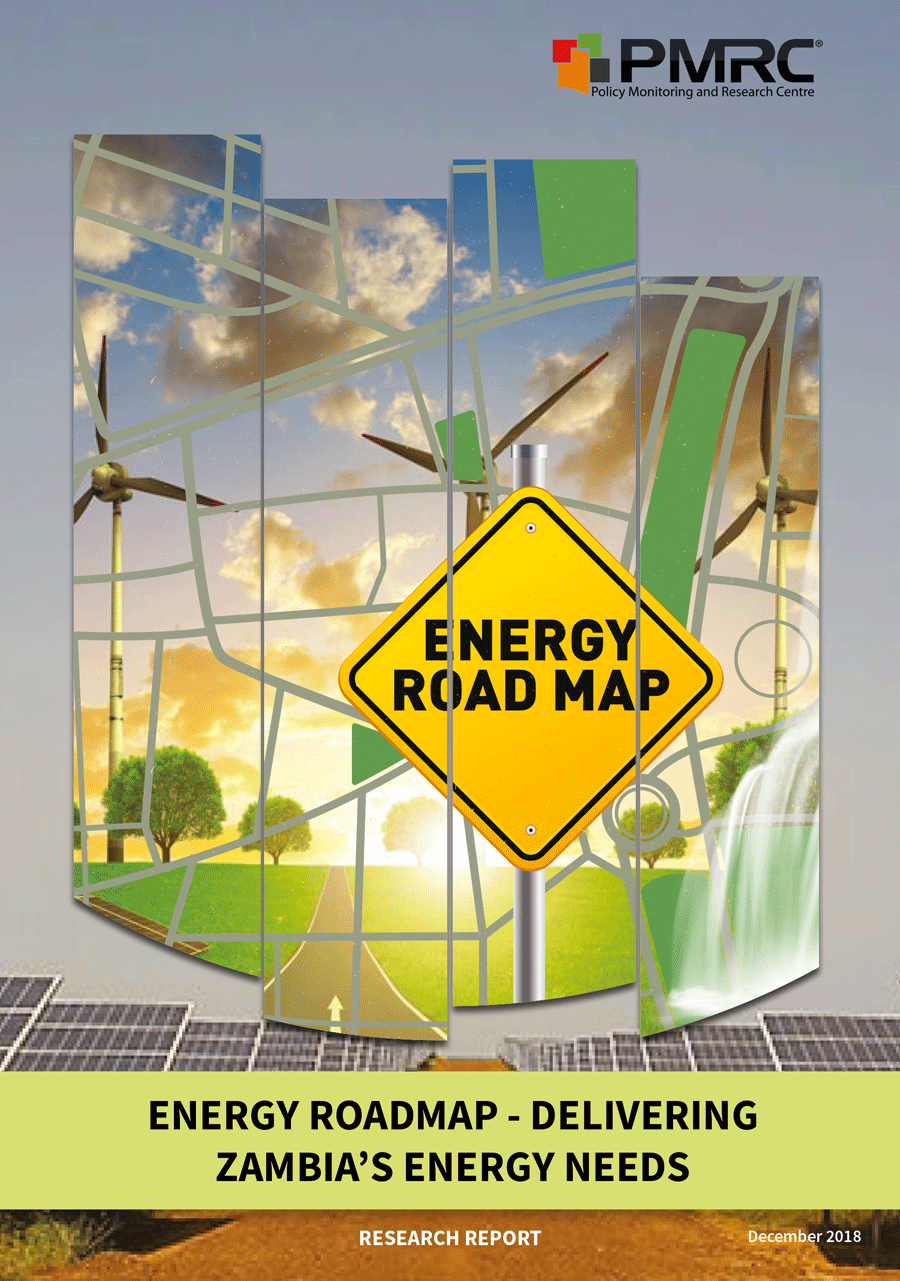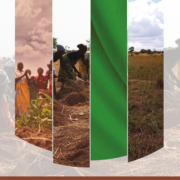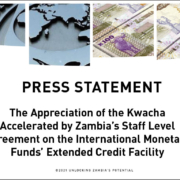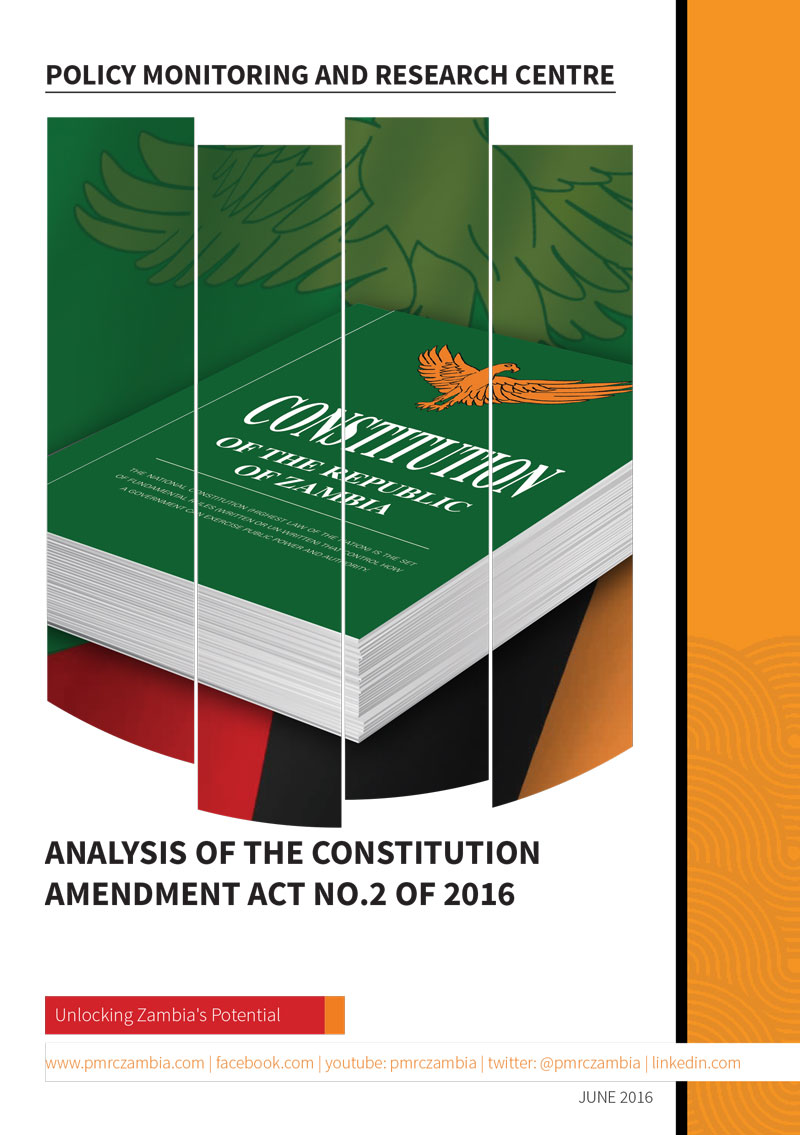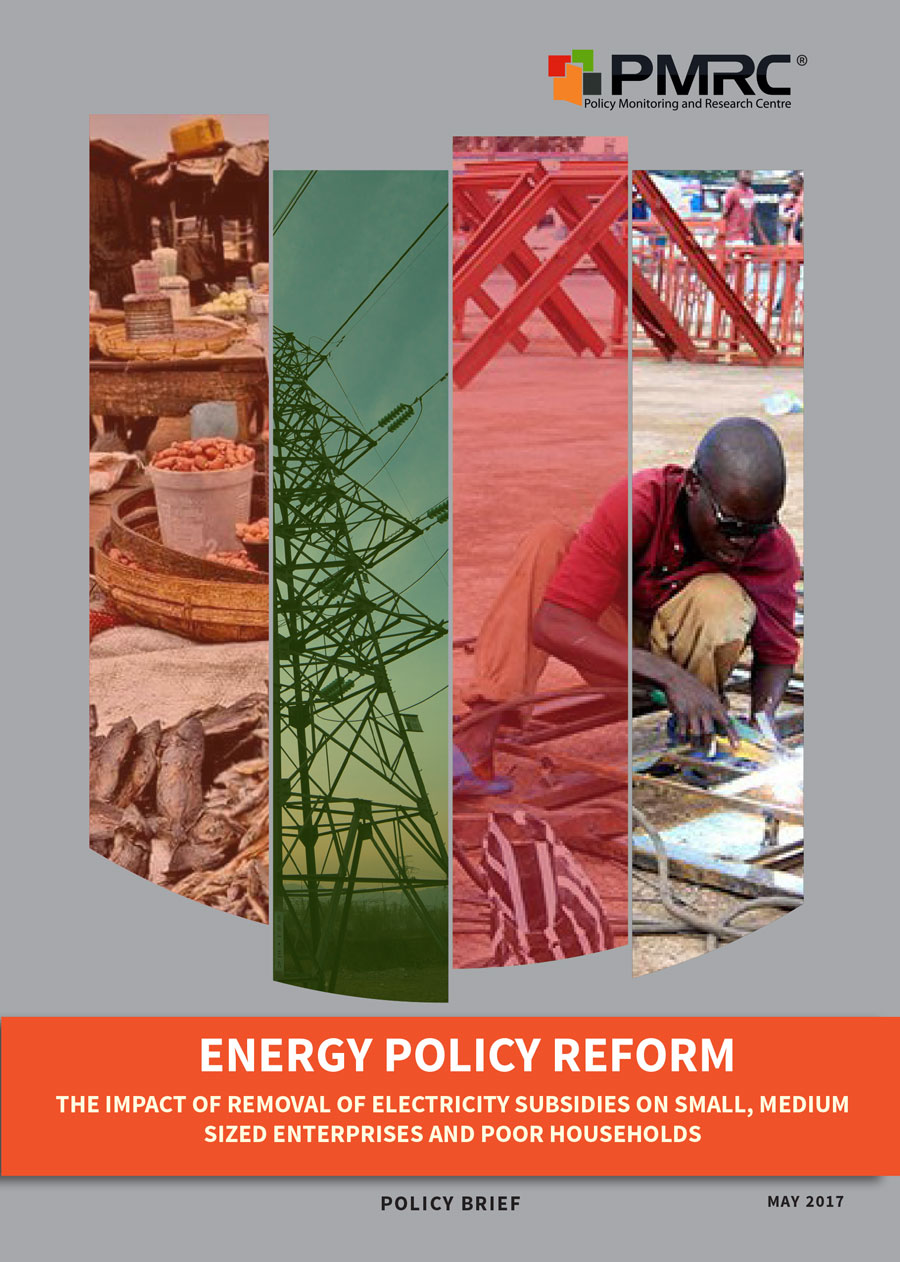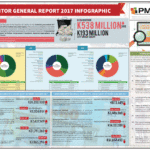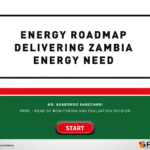Zambia faces a challenge to meet rising demand for electricity as the economy, population and electrification continue to grow. Load-shedding in 2015-16 demonstrated just how high the stakes are for meeting this challenge as the economy suffered losses equivalent to 20% of GDP (Samboko et al 2016) and government bore the cost of expensive energy imports. As government undergoes fiscal consolidation in response to high debt levels, it should look to increased investment in Independent Power Producers (IPPs) to develop energy capacity. This approach offers the opportunity to meet increased demand in a way that protects fiscal spending and ultimately promotes long-term economic growth.
IPPs offer a sustainable route to increased energy capacity across Sub-Saharan Africa, where public and utility financing has traditionally been the largest source of investment in power generation. This picture is true of Zambia, where IPPs currently make up a small but growing part of Zambia’s energy portfolio through plants ranging in capacity from a few megawatts to around 300MW. Zambia has faced significant challenges in attracting IPP investment for several reasons, including below-cost tariffs, its regulatory framework and procurement processes, all of which need to be addressed if Zambia is to better exploit the opportunities that IPPs provide.


